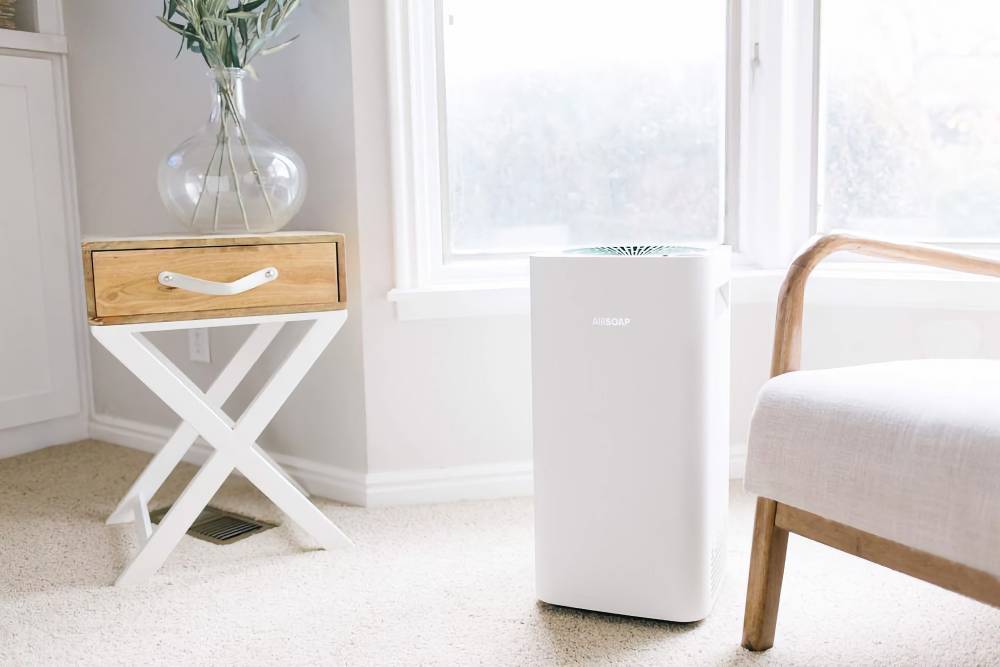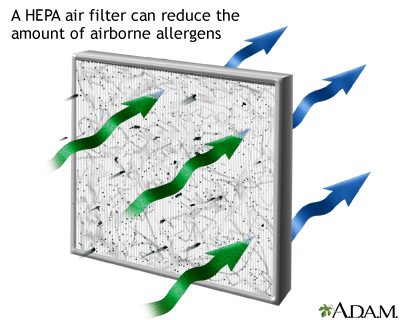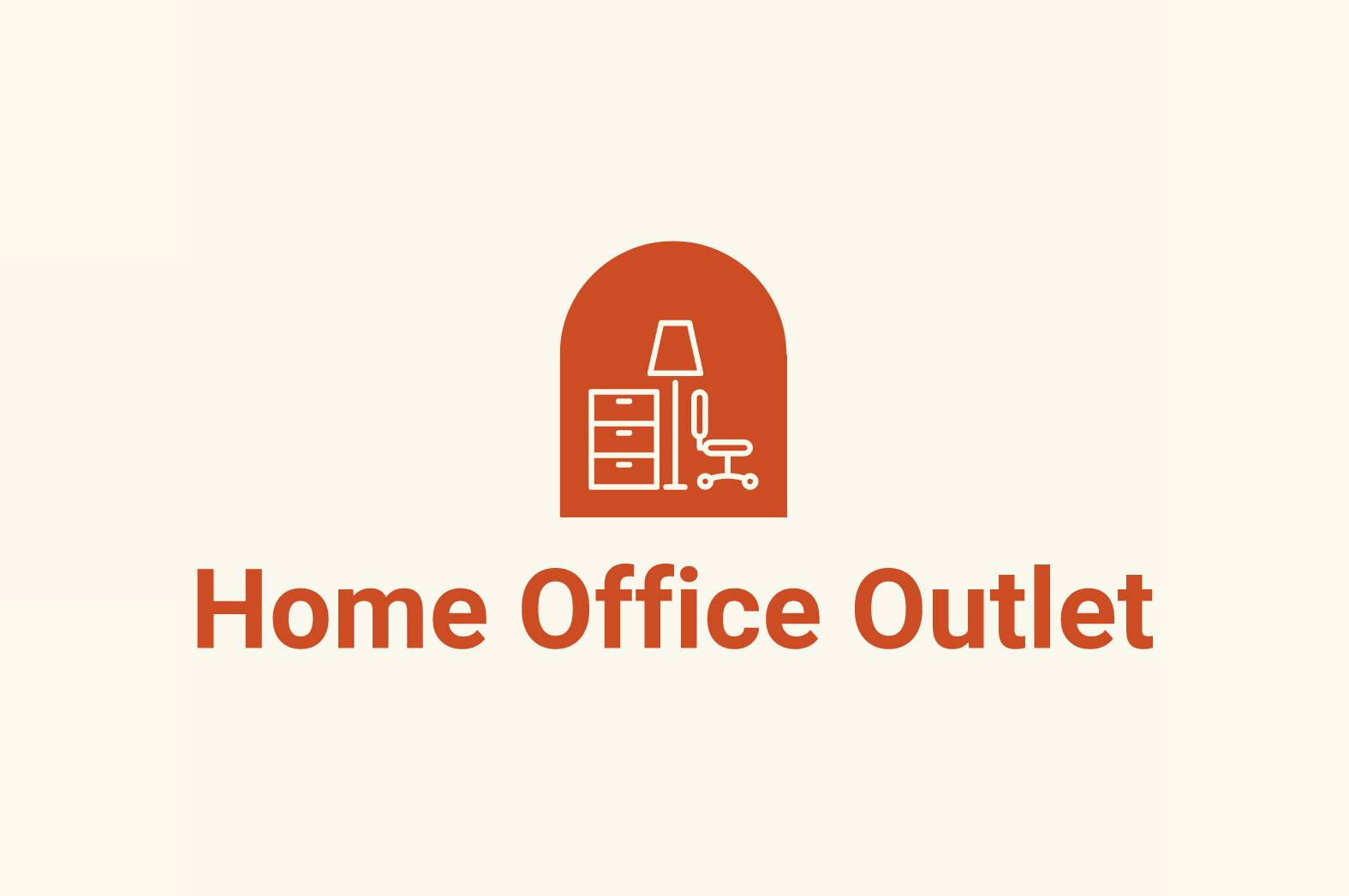
Odds are, you’ve probably heard one of your co-workers or friends mention a home office air purifier which may have sparked your curiosity as to whether these things are just another trend that will pass away soon. However, they have certainly proved to be useful and are carefully designed to carry out specialised tasks such as purifying the air from pollutants like dust particles, smoke and allergens.
Air purifiers are increasingly popular as a way to naturally clean your home and freshen the air. They’re also useful for individuals with respiratory issues, such as asthma, who often experience unpleasant effects from indoor pollution. An air purifier can drastically improve the quality of the air in your home or office. However, choosing the right model can be overwhelming. Here’s everything you need to know before buying an air purifier.
They are certainly worth it if you live or work next to a smoker or have newborns nearby. With home office air purifiers, you never have to worry about respiratory problems like asthma troubling you or someone around you and can comfortably and confidently breathe pure, clean and fresh air. With these compelling reasons, it comes as no surprise that many people are investing and buying these things.
What is an Air Purifier?
An air purifier is any device that is used to remove contaminants from the air. In most cases, this means dirt, pollen, smoke, dust, and other particulates that are proven to be harmful to humans. However, some air purifiers also remove odours, chemicals, and other impurities. There are many ways to clean the air, but none is perfect.
The process of cleaning air relies on the removal of particles from a space, either by absorption or dispersion. Absorption is when a philtre draws the particles in, and once inside the filter, the particles are free to pass through the philtre and be released outside. The other method is dispersion, which occurs when a philtre releases the particles outside the space it’s in.
These two methods work best in different situations. For example, dust and pollen are both small, so they can be absorbed by a philtre. This is why air purifiers are also fitted with HEPA filters, which are high-efficiency particulate arresting (HEPA) philtres.
Types of Air Purifiers
There are several different types of air purifiers, which can help you find the right one for you.
Whole House Systems
These are the most powerful and expensive air purifiers on the market. They are meant to clean the air in your entire home. They may also be referred to as “household” air purifiers.
Portable Systems
These systems are smaller and more light-weight than whole house systems, making them easier to move around your home. They are also meant to be used in specific rooms only, since they can’t be used as whole house systems.
Room-by-Room Systems
Like portable systems, these air purifiers are meant to be used in specific rooms. They are often more affordable, smaller, and quieter than whole house systems.
Diffusers
These are a newer type of air purifier that are meant to be used in small areas like bedrooms, offices, and kitchens.
How does an Air Purifier Work?
All air purifiers work in one of two ways. First, they take in the air and then philtre it, so that only dust, pollen, smoke, and other impurities can pass through. Air purifiers with a HEPA philtre will also capture 99.97% of bacteria, germs, and viruses, which is ideal for sick people.
However, air purifiers with a carbon philtre work differently. Instead of taking in air and filtering it, they release oxygen. This is the main difference between air purifiers and oxygen bottles; oxygen bottles only release oxygen, not dust, pollen, smoke, and other impurities.

How a HEPA air filter works (Source)
What to Look for When Buying an Air Purifier
When it comes to air purifiers, there are a few things you should consider before buying one. First, do you need to clean the air in your home? If so, you’ll obviously want to look at the size of your system and the size of your home. Whether you want a whole house system or a portable system, you’ll want to think about the size of rooms that need freshening up.
Also think about how often you want to use the air purifier. If you only want to clean the air in your home once a year, then a smaller, cheaper system would be sufficient. However, if you want to clean the air in different rooms every day, you’ll need a larger system.
One of the main things that separates the quality home office air purifiers from the poor ones, is the sound it produces when in use. Obviously, in a working environment it is a necessity that there be no distractions, so before purchasing an air purifier, do your research on how much sound it produces by asking either the company manufacturing them or looking up the specs of that specific model online, as many websites on the internet mention how quiet or noisy an air purifier might be.
Another thing to note for new buyers is to look into their own specific needs as there are specially designed air purifiers. For people having allergies, they should look into home office air purifiers specialising in allergy relief. Mostly, they have HEPA (high-efficiency particulate absorbing) filters. For people with respiratory issues, mainly asthma, an asthma home office air purifier is the way to go.
Customers buying to reduce the chemicals or foul odour in the air, an odour and chemical air purifier is ideal. Similarly, there are other home office air purifiers for people with pets or people extremely sensitive to specific chemicals which are specially designed to have even more filtration for odour and chemicals that may aggravate one’s symptoms.
The space occupied by these machines may also be an issue, given that most home offices are generally not the most spacious. Hence, it is important to look for an air purifier that works effectively yet doesn’t take a huge chunk of space due to its size.
One of the main things to look for in a home office air purifier is the features. Main examples of some features are as follows:
- A good air purifier won’t cost a lot of money and will conserve energy. We recommend looking at the Environmental Protection Agency’s list of energy star rated air purifiers.
- The accessibility is also a key feature, rather than standing up and leaving work to turn the air purifier on or off manually, many modern air purifiers are accessible by wi-fi or Bluetooth, making it much easier to control
- Some other features include things like caster wheels, multiple fan speeds, multiple filters, remote controls and even real time air quality indicators, updating you about the real time air quality!
Maybe the most important thing to look for in a home office air purifier is the size. Air purifiers of larger size typically have a higher ACH (air charges per hour) meaning they can filter the entire volume of air in the office space in an hour more times than smaller or less efficient ones.
Home office air purifiers that have an ACH of 4 or higher are best for people with asthma or allergies as they clean the air from any harmful substance that may otherwise cause issues. Typically, the small sizes are designed for rooms up to 300 feet square so they may be ideal for home offices, whereas the large ones may cover anywhere from 700 to 900 feet square, depending on different companies.
Finally, maintenance is another key issue to look into. As mentioned before, HEPA filters last for about one year depending on use. On the other hand, however, carbon filters last for about 6 months and lastly, Pre-filters generally may last around anywhere from 1 month to 3 months but are washable and if used correctly washed and properly maintained, they can be used for long term.
However, there are also home office air purifiers that do not have filters. These Airfree air sterilisers use heat or ultraviolet light to purify the air, and are designed without filters for your convenience.
Advantages of Air Purification
It’s Green
Air purifiers remove harmful particles from the air. Since they can be used to clean the air in a space several times a day, they can be a very cost-effective way to go green. They also have a relatively low energy usage rate.
It’s Quiet
Large, powerful whole house systems are often accompanied with a fan that is noisy. Smaller whole house systems, on the other hand, are usually quiet. This can be great for controlling noise levels in your home or office.
Healthier Environment
Generally, the air in your home should be between 10 and 20% humidity. If it isn’t, it can cause damage to your health, including headaches, sore throats, and irritability. Air purifiers can help to regulate the humidity level in your home, protecting your health.
Air Quality Indicators
Some air purifiers come with air quality indicators that can notify you when you need to clean your filter, or when the air quality in your home needs to be greater.
Conclusion
In conclusion, the key things to look for are:
- The purifier that is right for your home offices’ size.
- Filters out the desired toxins, pollutants, allergens, chemicals etc.
- Is easy to use and affordable.
Air purifiers are a great way to get fresh air into your home or office. However, it’s important to make sure you choose the right model for your situation. If you have a large space to clean or you clean different rooms every day, you’ll need a larger system.
